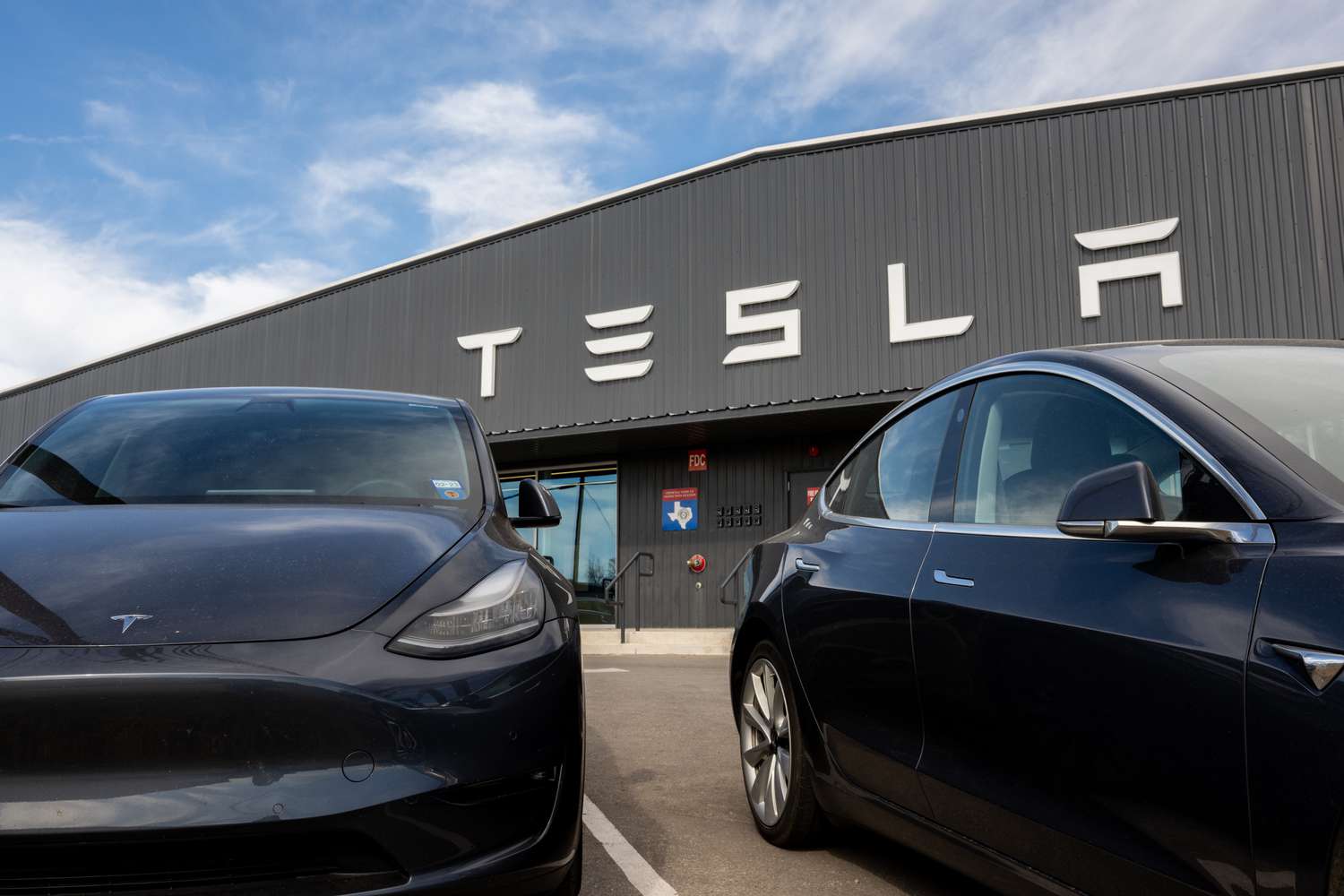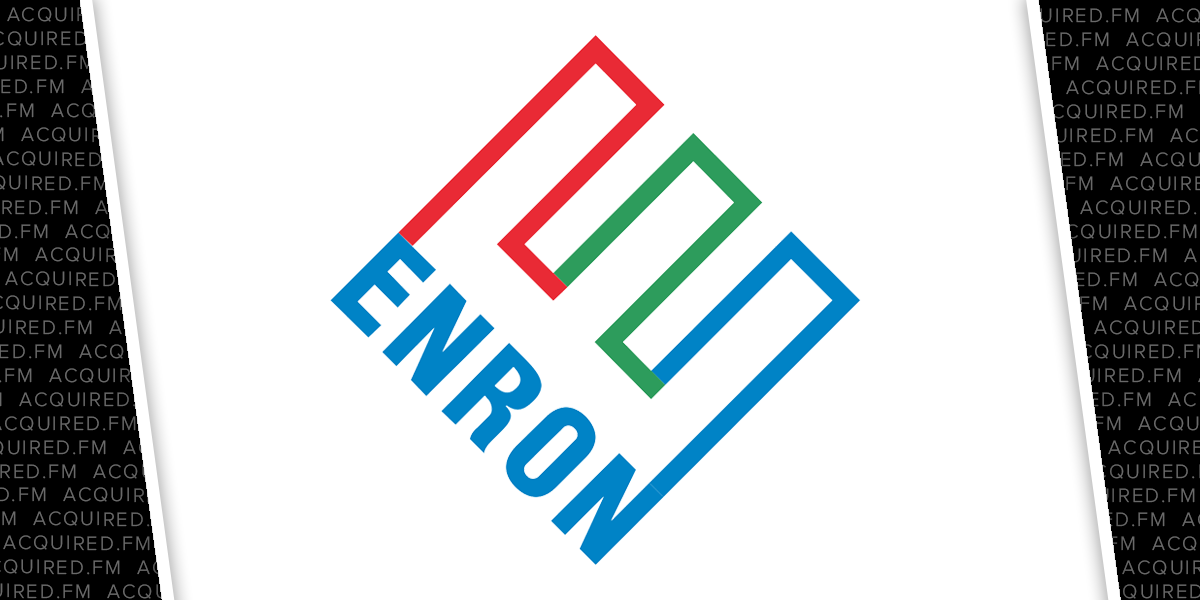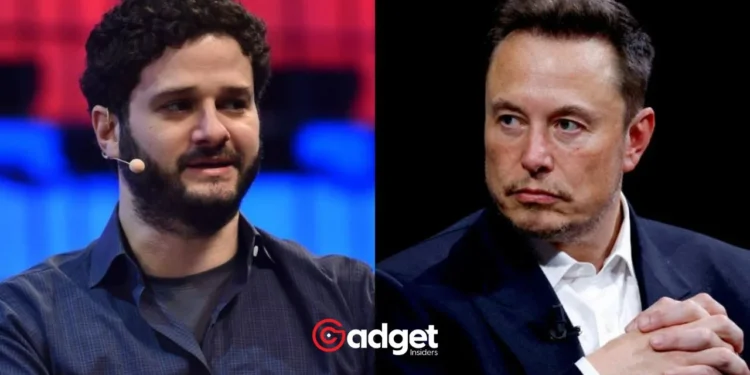In a surprising turn of events, Facebook co-founder and Asana CEO Dustin Moskovitz has ignited a firestorm in the tech community by drawing a parallel between Tesla and one of the most infamous corporate scandals in history. This bold assertion adds a new layer to the ongoing scrutiny surrounding Tesla’s business practices and its celebrated yet controversial self-driving technology.

Facebook’s Co-Founder Moskovitz’s Bold Claim on Tesla’s Practices
In a recent post on Threads, Dustin Moskovitz accused Tesla of misleading consumers on a grand scale, particularly criticizing its Full Self-Driving (FSD) software and the advertised range of its vehicles.
Moskovitz didn’t mince words, stating, “This is Enron now, folks,” invoking the ghost of the giant that crumbled under the weight of fraud and conspiracy two decades ago.
His comparison to Enron, which was embroiled in one of the largest bankruptcy and fraud scandals ever, is designed to underscore the severity of his accusations against the EV giant.
Facebook cofounder accuses Tesla of being the next 'Enron' https://t.co/yWdXgQf0F9
— Business Insider (@BusinessInsider) April 27, 2024
The tech founder elaborated that the EV company’s promotional materials and data representations are not just overly optimistic but misleading, showing graphs that purportedly inflate the performance and safety of its FSD capabilities.
He raised concerns that such practices could lead to serious legal repercussions, akin to those that led to jail sentences for Enron’s executives.
Musk’s Controversial Response
Tesla CEO Elon Musk, known for his assertive and often inflammatory remarks, responded to Moskovitz’s accusations not with counterarguments but with derogatory comments on X (formerly Twitter).
Musk’s initial response was to insult Moskovitz, for which he later issued a backhanded apology, further stoking the flames of controversy.

“I’d like to apologize to Dustin Moskovitz for calling him a ‘retard’. That was wrong. What I meant to say is that he is a pompous idiot whose head is so far up his ass that he is legally blind. I wish him the best and hope that someday we can be friends,” Musk tweeted.
Legal and Regulatory Scrutiny
Amidst this public spat, Tesla faces ongoing investigations and legal challenges. The National Highway Traffic Safety Administration (NHTSA) is currently assessing whether Tesla has adequately addressed issues related to its Autopilot software, following a recall affecting millions of vehicles.
Furthermore, the Securities and Exchange Commission (SEC) is investigating how Tesla marketed its driver-assistance software, probing into Musk’s role in these promotions.
Tesla has also been targeted in lawsuits alleging that the company exaggerates the capabilities of its FSD technology and the range of its vehicles. Although the EV brand has managed to settle or evade liability in many cases, these legal battles highlight persistent doubts about the company’s advertising practices.
A Broader Critique from Moskovitz
Moskovitz’s critique extends beyond Tesla, touching on Musk’s other ventures, including SpaceX. Last year, he expressed skepticism about the valuation and impact of Musk’s companies, suggesting that they might be overrated and could be perceived as “scams” if based on misleading claims rather than optimism.
He has even called for Musk to resign from all his executive roles following controversial statements made by Musk on social media.

A Heated Debate with Broad Implications
The escalating conflict between Moskovitz and Musk does more than just spotlight individual disagreements; it opens up broader discussions about ethics in technology, corporate transparency, and the responsibility of leaders to both their customers and the wider community.
As this debate unfolds, it serves as a reminder of the complex interplay between innovation, public perception, and the ethical boundaries of corporate conduct in the modern tech landscape.










